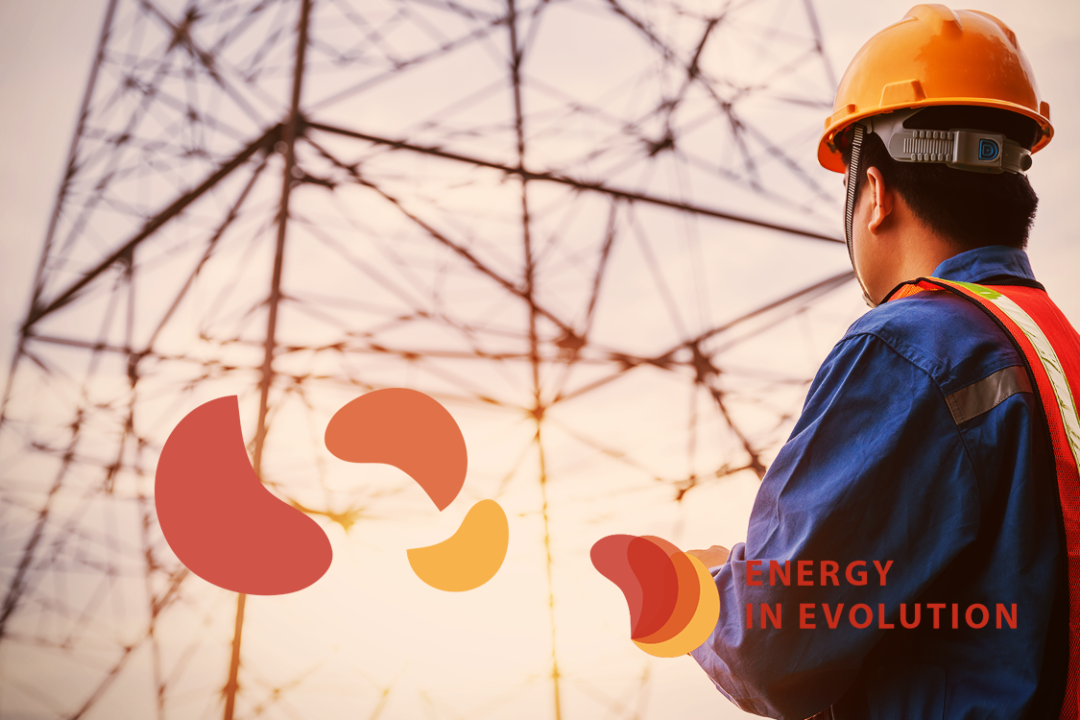The recent growth and potential of the carbon credit market are redefining the Brazilian economic landscape. It is estimated that Brazil could generate up to $120 billion in carbon credit transactions by 2030, encompassing both the regulated and voluntary markets. According to a recent study, Brazil’s supply of carbon credits could meet up to 48.7% of the global demand in the voluntary market during the same period. This represents significant potential for economic growth and innovation.
For those unfamiliar, a carbon credit is a unit of measurement that allows for the quantification of greenhouse gas emissions. One ton of carbon dioxide (CO2) is equivalent to one carbon credit. These credits are essential for regulating and incentivizing the reduction of greenhouse gas emissions. Through the development of the carbon credit market in Brazil, companies that are able to reduce their emissions will have credits that can be sold to those who fail to meet the low-carbon emission target.
With the implementation of the legal framework for the carbon credit market, this trading can expand globally, sparking significant international interest in Brazilian carbon credits and, consequently, strengthening the country’s economy. Brazilian companies that have sustainable and low-carbon practices will be encouraged, while those that have not yet adopted such practices will have an economic stimulus to do so.
According to the Intergovernmental Panel on Climate Change (IPCC), mitigating climate change through the reduction of greenhouse gas emissions is crucial to avoid devastating environmental impacts. Brazil, with one of the world’s largest biodiversities, plays a fundamental role in this issue, with carbon credits being an effective tool in the pursuit of a greener and more sustainable economy.
On the other hand, we must also consider the potential for job creation resulting from the expansion of the carbon credit market. The development of clean technologies and sustainable practices will require a skilled workforce, fostering the creation of new opportunities and fields of work. The International Renewable Energy Agency (IRENA) highlights that the transition to a low-carbon economy can create millions of jobs worldwide.
In the context of renewable energies, Brazil already demonstrates leadership in sectors such as solar energy and biogas, as highlighted by entities like Absolar and Abiogás. The exploration of the carbon credit market offers a new frontier to solidify Brazil’s position as a leader in the global green economy.
In summary, the carbon credit market in Brazil has great potential to drive the country’s economy while contributing to global efforts to mitigate climate change. This market mechanism offers an effective financial solution to the environmental challenge, providing a source of income for companies that strive to reduce their emissions and encouraging others to follow suit.
However, to harness the full potential of the carbon credit market, further development of the legal and regulatory infrastructure is necessary, ensuring transparency, traceability, and effectiveness of these transactions. Additionally, it is essential to invest in education and training to equip professionals who will operate in this market.
The growth of the carbon credit market also signals a turning point for investors. With increased awareness of climate change, sustainable companies are becoming increasingly attractive to investors. Those who can identify opportunities in the emerging carbon credit market will be well-positioned to capitalize on the growing demand for low-carbon solutions.
The carbon credit market not only drives the Brazilian economy but also represents a significant step towards a more sustainable future. By balancing economic needs with the urgency of climate change, this market offers a unique opportunity for Brazil to establish itself as a global leader in sustainability.
Finally, it is essential for companies, investors, and the Brazilian government to see the transition to a low-carbon economy not only as an environmental responsibility but also as a long-term economic opportunity. The success of the carbon credit market depends on a shared vision of a greener future and a commitment to implementing sustainable practices at all levels of the economy.
As Albert Einstein said, “We cannot solve our problems with the same thinking we used when we created them.” The carbon credit market is one of those innovative solutions that have the potential to transform the future of Brazil – and the planet.




